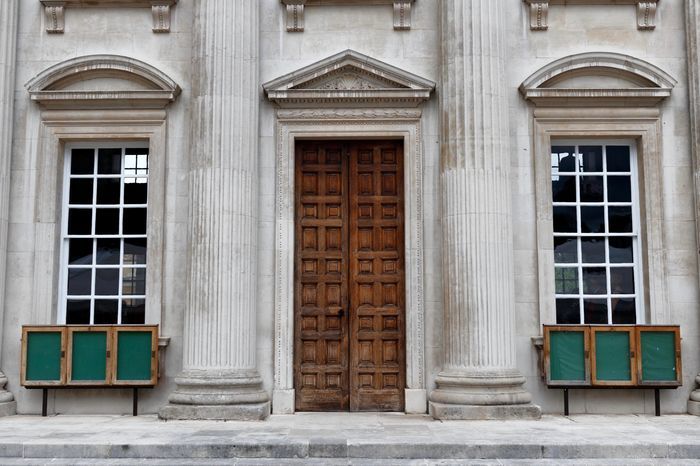UCU marking and assessment boycott to go ahead
The UCU served notice to employers that members will cease marking and assessment duties from the 20th April

The University and College Union (UCU) have announced that a marking and assessment boycott will go ahead from Thursday 20th April, after members voted to reject Universities and Colleges Employers Association (UCEA) proposals in the pay and conditions dispute, earlier today (17/04).
The boycott, which could cause major disruption to assessments in Easter term, will continue until the industrial disputes are settled, the union calls off the boycott, or the industrial action ballot mandate ends - which is usually six months after the ballot closed.
This means that the boycott could last until September.
The announcement comes after Cambridge University was recently condemned by academics for attempting to pass legislation that could jeopardise the “integrity” of exams in order to limit the impact of a possible marking boycott.
The University proposed two graces, which have now gone to a ballot set for May, which would allow students in the upcoming exam cycle to complete their exams and graduate in the absence of an external examiner.
Meanwhile, in the pensions dispute, UCU members voted overwhelmingly to accept concessions made by Universities UK (UUK). In April 2022, the employers representative UUK implemented major reforms to pensions, which are provided by the Universities Superannuation Scheme (USS). The USS is the UK’s largest private pension scheme, holding the retirement savings of 470,000 university and college workers. According to the UCU, the new policies wiped 35% of staff’s future retirement income.
The new proposals which union members have voted to accept by over 85% include commitments by employers to prioritise restoring retirement benefits. Earlier today, the UCU called this a “historic victory”.
The union had previously renewed its national strike mandate for an additional six months, with a ‘yes’ vote in both the pay and conditions and pensions ballots. The national strike mandate was first secured in October last year, after members across the country voted to strike in an aggregated ballot. This was the first time an education union, and the third time a trade union, had managed to win a nationally aggregated ballot since the 2016 Trade Union Act tightened laws on industrial action.
Cambridge UCU President Michael Abberton told Varsity: “The Marking and Assessment Boycott (MAB) is our last resort. We acknowledge that this is most concerning for our students, and threatens the fantastic support we have received from them in the dispute up to now, but this is a situation that we don’t want to be in.”
He continued: “As we proceed with planning and training to make the action as effective as possible, we are including the student union in every step. We want to work with students to apply more pressure to employers to act before the Marking and Assessment Boycott comes into effect. Furthermore, our members are committed to providing ongoing support to students, will be responsive to their individual circumstances and will take all action possible, within the bounds of the boycott, to reduce any detriment that students may encounter.”
UCU general secretary Jo Grady said: “UCU members in their tens of thousands have voted overwhelmingly to move forward with pension proposals agreed with employers which will pave the way for the restoration of benefits. When we launched our pensions dispute, university vice chancellors doubted us, and government ministers criticised us. We were told it was impossible to win back a stolen pension but today UCU members have proven that it can be done, and we have taken a giant step towards a historic victory that will change lives.”
She continued: “In the pay and conditions dispute, UCU members at 145 universities will now prepare to begin a marking and assessment boycott on 20 April. University staff have been clear that they want a better deal, and it is in the interests of employers to make an enhanced offer and prevent serious disruption hitting graduations.”
This story is developing and will be updated.
 Comment / Cambridge’s tourism risks commodifying students18 April 2025
Comment / Cambridge’s tourism risks commodifying students18 April 2025 News / Cambridge student numbers fall amid nationwide decline14 April 2025
News / Cambridge student numbers fall amid nationwide decline14 April 2025 News / Greenwich House occupiers miss deadline to respond to University legal action15 April 2025
News / Greenwich House occupiers miss deadline to respond to University legal action15 April 2025 Comment / The Cambridge workload prioritises quantity over quality 16 April 2025
Comment / The Cambridge workload prioritises quantity over quality 16 April 2025 Sport / Cambridge celebrate clean sweep at Boat Race 202514 April 2025
Sport / Cambridge celebrate clean sweep at Boat Race 202514 April 2025






